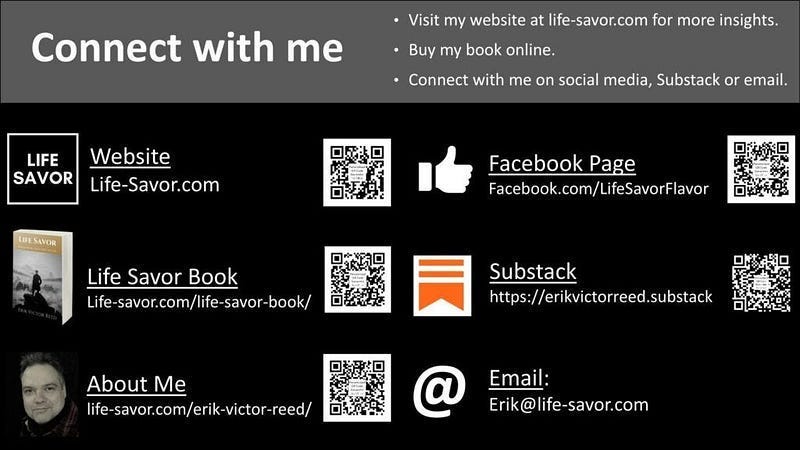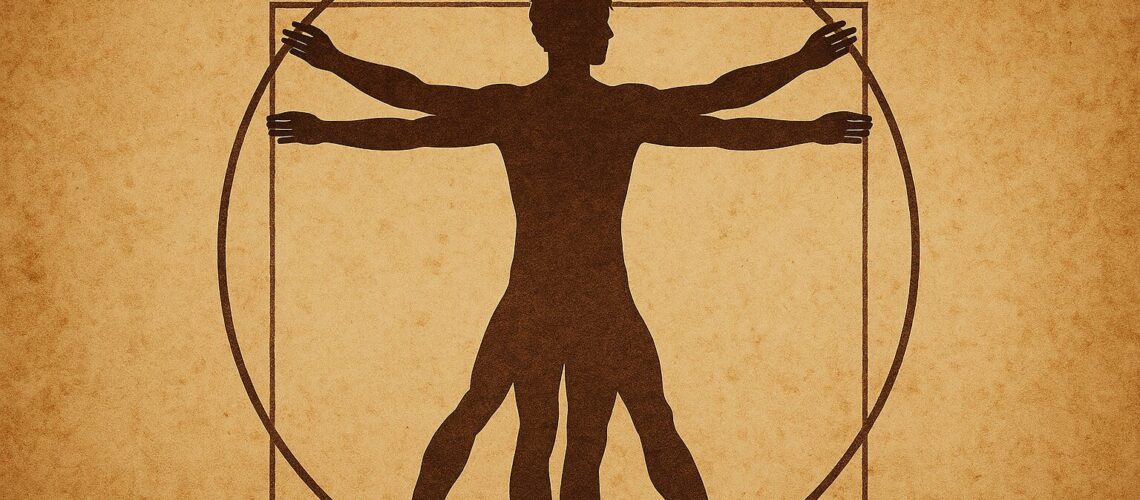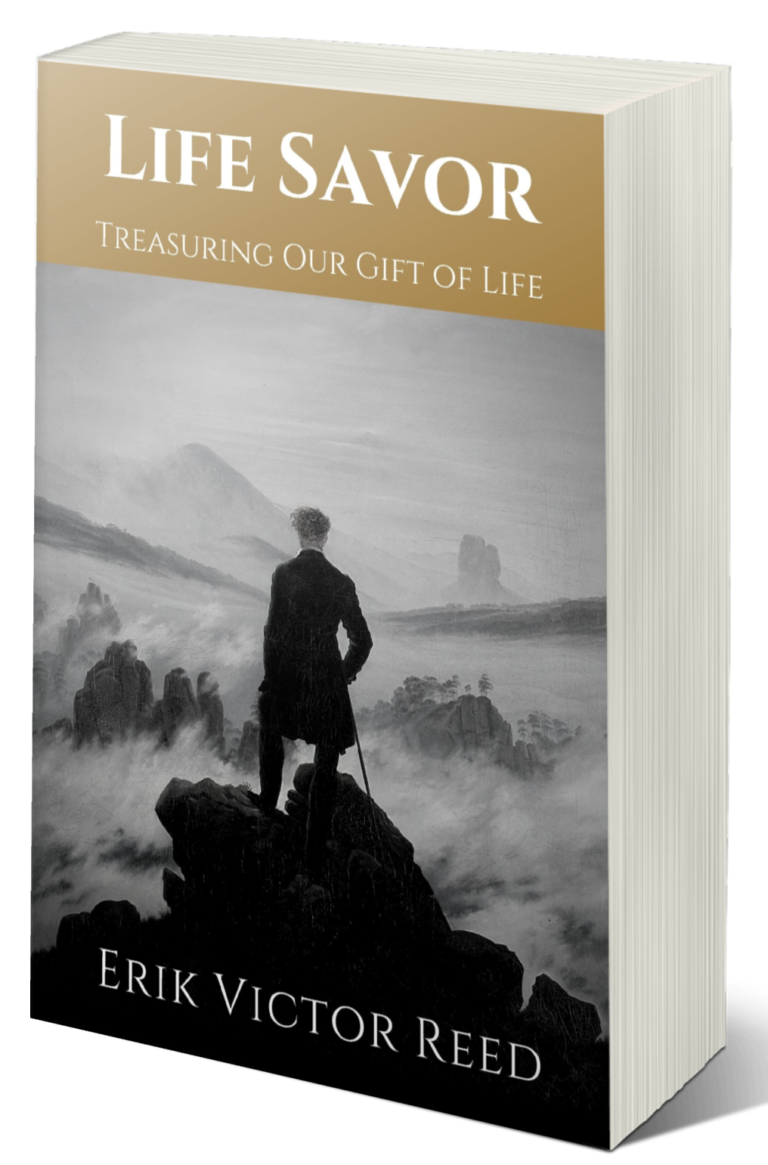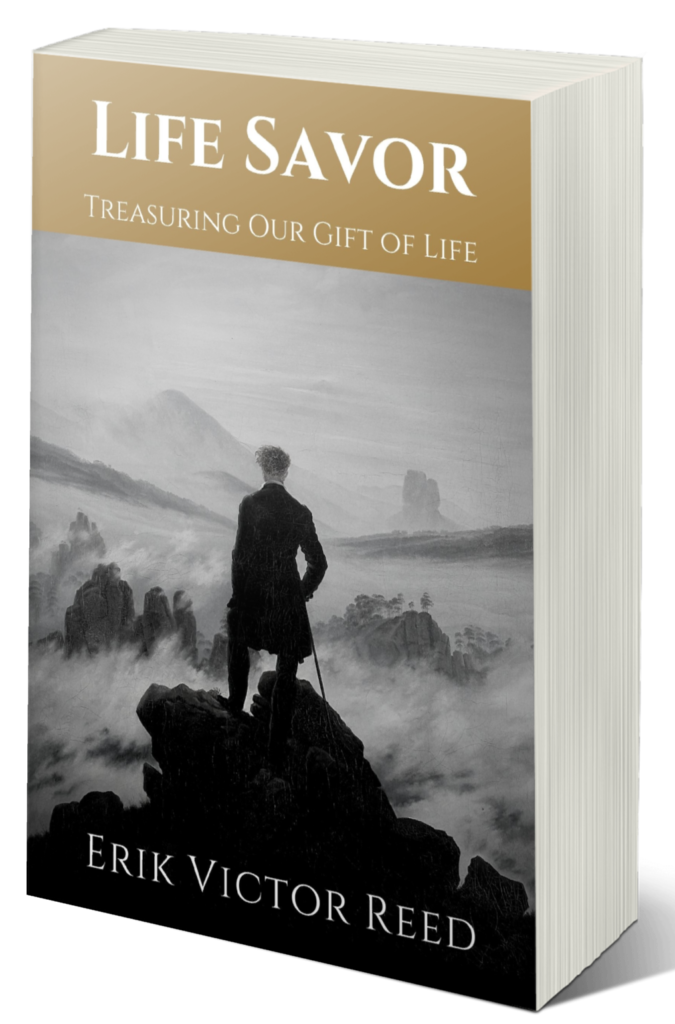Why Our Awareness Sets Us Apart
Picture a hawk circling in the sky. Its eyes are sharper than ours. It can spot a mouse in a field from hundreds of feet up. Its wings carry it effortlessly on the wind. But the hawk does not know that its life is rare. It does not pause to say, How miraculous that I get to exist.
Humans, by contrast, live with a peculiar gift: awareness of our own awareness. We don’t just sense—we notice that we are sensing. We don’t just value—we value the fact that we can value. This self-reflexive loop, unique in the animal kingdom as far as we know, changes everything.
More Than Survival
Other creatures live and die by instinct. They eat, mate, nest, and flee danger. We do those things too, but then we do something else: we step back and ask, What does it mean?
A wolf may fight for territory, but it will not compose poetry about its longing for home. A dolphin may play in the waves, but it will not wonder what its joy signifies. Humans live not only for survival, but for sentiment, for story, for beauty. We crave not just existence, but meaning.
This craving drives our most bewildering behaviors. People sacrifice comfort, wealth, even life itself, for honor, dignity, or love. We build temples, paint canvases, write symphonies, risk everything for revolutions of freedom (or, sometimes, the opposite). No purely survival-based calculus explains this. What explains it is our need to live for more than just our material hungers. Our need to live for that which makes our spines tingle with transcendent sentiment.
The Double-Edged Gift
Awareness elevates us, but it also troubles us. We alone know we are going to die. We alone can imagine futures that never come true. We alone can torment ourselves with regret.
Yet even this shadow proves the point. Awareness is not free. It brings sorrow along with wonder. And still—would we trade it? Would we choose to be creatures that never ask, What’s the point? Awareness is the source of our struggles, but also of our greatness.
It allows us to step outside instinct and shape our lives deliberately. It allows us to notice not only the hawk, but the miracle that hawks exist at all. It allows us to treasure not only our loves, but the miracle that we are capable of love.
The Human Calling
To be human is to have the power—and perhaps the responsibility—to live in a way that honors this awareness. Not with perfection, and not by society’s scripts, but by cultivating our uniquely human capacities: to imagine, to create, to savor, to connect.
We are not just animals who happen to have bigger brains. We are beings capable of reflecting on the preciousness of our own being. That is staggering.
And it points to a calling: not to waste this awareness. To do more than drift. To live in a way that acknowledges how extraordinary it is to be a creature that knows it is alive.
A Practice: Human Moments
If you want to taste this gift, pause for a moment today and notice not only what you are feeling, but the fact that you can notice.
- Watch yourself smile at a joke—and recognize that you know you are smiling.
- Hear music—and notice that you can know that it moves you.
- Look at someone you love—and notice the miracle that you are capable of such reflection and loving.
These “meta-moments” are not abstractions. They are glimpses into what makes us human. They remind us that our life is not only about being alive, but about being aware of being alive.
Closing Thought
The hawk may soar higher. The dolphin may play more gracefully. But only we know we are alive, and only we can treasure the miracle of treasuring itself. That awareness is both our burden and our glory.
Life is precious not just because it exists, but because we know it exists. And that is the most human gift of all.
For more like this, visit the broader project at life-savor.com, or explore the Life Savor book itself.
To learn more about Life Savor’s philosophy,
read Life Savor: Treasuring Our Gift of Life by Erik Victor Reed.








